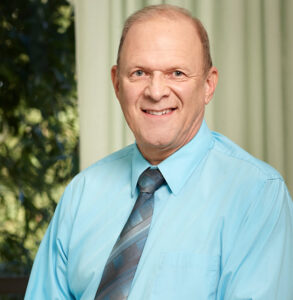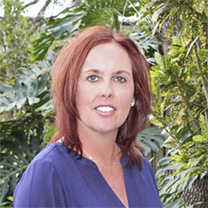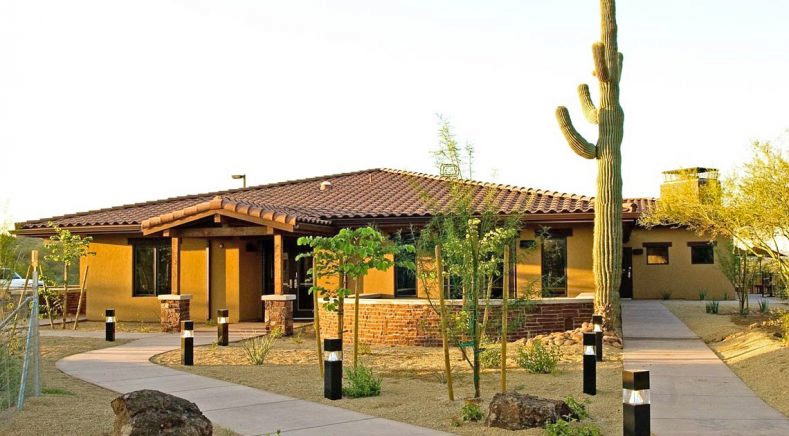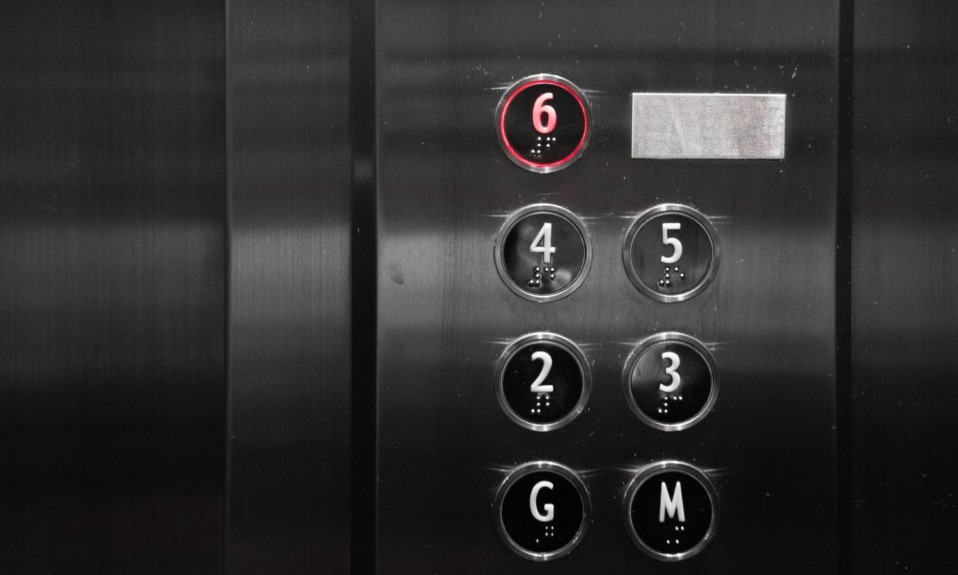This sponsored content is produced for Rosewood by Treatment Magazine Content Studio.
By KC Vaus, Treatment Magazine Content Studio
Factor in a surge in eating disorders to the list of things COVID-19 has made even more difficult to treat this past year. An April article in the New York Times, “Eating Disorders in Teens Have ‘Exploded’ in the Pandemic,” reported this troubling rise—especially with teens—as a response to the loss of structure and social networks along with the rise in anxiety and loneliness caused by the pandemic.

That said, eating disorders have long been “an illness of isolation,” says Joel Jahraus, MD, FAED, CEDS, Chief Medical Officer of Rosewood Centers for Eating Disorders, an inpatient, residential and day treatment center near Phoenix specializing in eating disorders and their co-occurring conditions—such as substance use disorder and trauma. “People don’t jump up and down saying: ‘I have an eating disorder!’ What happens is, they get deeper and deeper into it. They isolate themselves more with their eating disorder.
But then came quarantine-driven isolation, making it even more difficult for parents, friends and professionals to recognize the problem and find treatment for loved ones with eating disorders, especially when the person struggling with an eating disorder may also be battling a co-occurring disorder. Many non-eating disorder treatment centers turn away patients with a complex mix of disorders. “They rightfully direct people to get stabilized at an eating disorder program right away, where they could also detox if needed,” says Jahraus.
People don’t jump up and down saying: ‘I have an eating disorder!’ So what happens is, they get deeper and deeper into it. They isolate themselves more with their eating disorder.”—Joel Jahraus, MD, FAED, CEDS, Chief Medical Officer of Rosewood
Rosewood’s Pioneering Legacy

Founded in 1998, Rosewood is an industry pioneer, offering curated treatment modalities for both adolescent and adult patient populations. “It is estimated that approximately 28 million Americans will experience an eating disorder at some point in their lives, and we believe that everyone in need of treatment deserves access to quality care,” says Candy Henderson, MS, Chief Executive Officer of Monte Nido & Affiliates. “We are pleased that Rosewood is part of our family of trusted treatment programs, providing individuals with person-centric, eating disorder care.
Highly personalized and sophisticated medical, psychiatric and nutritional solutions to eating and co-occurring disorders are Rosewood’s specialty and area of expertise. “Once an eating disorder is identified, the compilation of presenting issues for an eating disorder are best addressed by developing a personalized care plan for each patient,” says Jahraus, a nationally recognized expert on the medical complications of eating disorders. “We’ve been working on developing programs where we can accomplish eating disorder treatment and substance abuse treatment at the same time.”
Tracking the Benefits
Specializing in offering a full range of care—including inpatient with detox available, residential, partial hospitalization (PHP), intensive outpatient (IOP)—Rosewood caters to all adolescents and adults of all genders, with eating disorders and co-occurring issues such as substance use and trauma.
We have been working in the eating disorders space for over two decades and our niche is co-occurring disorders. Particularly trauma. We don’t just address the outer layer.”—Dena Cabrera, Psy.D., CEDS , Vice President of Clinical Services for Rosewood

“Rosewood has been a world-renowned center for 22 years. We have credibility and legacy for expertise in eating and substance use disorders. We started as a 14-bed program and have grown substantially. We are known for our many levels of care, including in-patient with 24-hour nursing,” says Dena Cabrera, Psy.D., CEDS, VP of Clinical Services for Rosewood. “We have been working in the eating disorders space for decades and our niche is co-occurring disorders. Particularly trauma.”
At Rosewood, “trauma is at the root of so much of the work,” says Jahraus. “One of our biggest initiatives is treating trauma as a co-occurring presentation to the eating disorder, and we are one of the leaders nationwide to do so. There used to be the adage: ‘Don’t address trauma when they’re in eating disorder treatment, or you’ll just open Pandora’s box.’ Now the thinking is: If you don’t get to the root of the problem—and address the trauma—you’re not going to move toward recovery on the eating disorder.”

Also integral to the Rosewood experience is the environment. Patients receive a holistic mix of innovative care amid the beauty of the Sonoran desert. “Located about 30 miles outside of the Phoenix, Rosewood is extremely conducive to healing. It’s as quiet and peaceful as you can get,” says Jahraus. “The center, the landscape, the expertise, the programs, all come together to offer Rosewood clients the time and space to heal, recover and learn how to offer themselves a better life.”
Measuring Rosewood Results
Committed to tracking results, Rosewood stays close to its patients during and after treatment. “We run numerous tests at the time someone is admitted, and then several weeks into it, and then six months and then a year down the line,” says Cabrera. “This is very important. We see through data that our patients are getting better.”
Staying closely connected to the patients after they’ve graduated from Rosewood is also important to Cabrera, who’s been at the center for more than 9 years. “I get to work at all levels of care in inpatient and outpatient. I get the opportunity to see patients when they first admit. It’s so rewarding to see the progress they make. How they embrace health and wellness. It’s really incredible.”
Learn more about Rosewood’s success treating complex eating disorders.
















